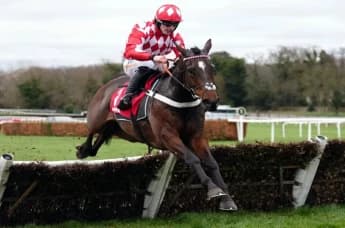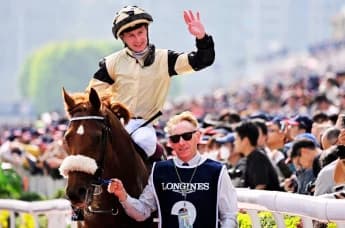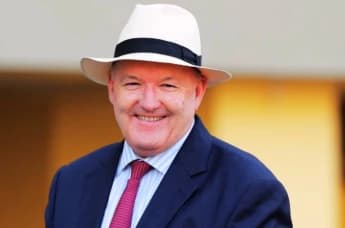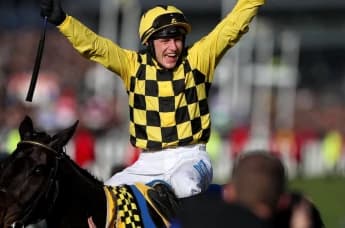Kieren Fallon Pays Tribute to Sir Michael Stoute as Legendary Trainer Announces Retirement

Trainer and former champion jockey enjoyed many great days together.
Kieren Fallon, the six-time champion jockey, hailed Sir Michael Stoute as the “trainer he always wanted to ride for” following Stoute’s announcement that he will retire at the end of the season. Fallon and Stoute shared numerous memorable victories, including two Derby wins with Kris Kin and North Light, as well as triumphs with notable horses like Russian Rhythm, Golan, Islington, and King’s Best.
Reflecting on his time with Stoute, Fallon expressed immense pride at having ridden for one of the sport’s greats. Speaking to the PA news agency, he said, “All of the great jockeys have ridden for him at some point. Even Gary Stevens came over to ride for him. I was freelancing at the time, having just finished with Henry Cecil, and through luck, I ended up with all these great horses—winning Guineas, Derbys, Royal Ascot races. We had some incredible horses.”
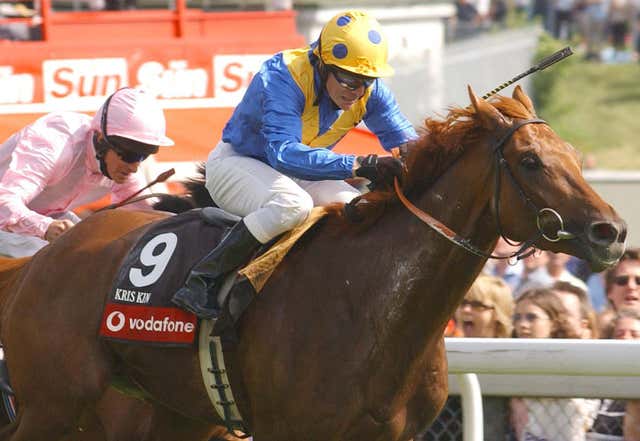
He added that Stoute’s range as a trainer was impressive: “He didn’t just have one type of horse—he had everything from two-year-olds to sprinters to stayers. I don’t like comparing trainers, but Stoute was my favorite, and he was the one I always wanted to ride for. Coming from the west of Ireland, I could never have dreamed of being in his yard.”
Fallon fondly recalled riding Russian Rhythm, describing her as “Stoute’s best filly,” who achieved success across multiple seasons, including victories in the 1000 Guineas, Coronation Stakes, Nassau Stakes, and Lockinge Stakes. He also remembered King’s Best as an exceptional talent, though the colt’s career was cut short by injury.
One of Fallon’s favorite memories of Stoute was the trainer’s subtle approach to race tactics. Stoute would often invite Fallon for a chat the night before a big race, discussing non-racing topics like cricket, only to casually ask, just before leaving, how Fallon intended to ride the horse the next day. Fallon admired how Stoute trusted his jockeys to adapt to the unpredictable nature of racing: “He understood that when the gates open, anything can happen. He never tied you down with strict instructions, and that was part of his genius.”
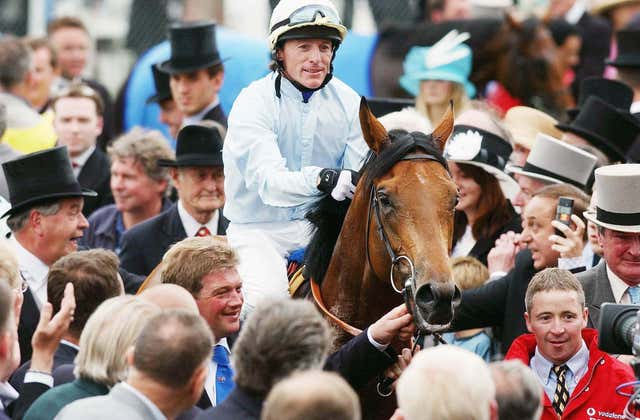
Fallon also recalled Stoute’s humorous side, sharing how the trainer would jokingly pretend to take notes on a jockey’s feedback by scribbling with his finger on his palm, then “throw away” the imaginary note if he didn’t agree.
Stoute’s ability to keep things light-hearted, combined with his firm but fair attitude, made him a joy to work with, according to Fallon. Though they only had one disagreement in all their years together, Fallon emphasized how Stoute’s focus was always on moving forward and getting the best out of his horses and riders.
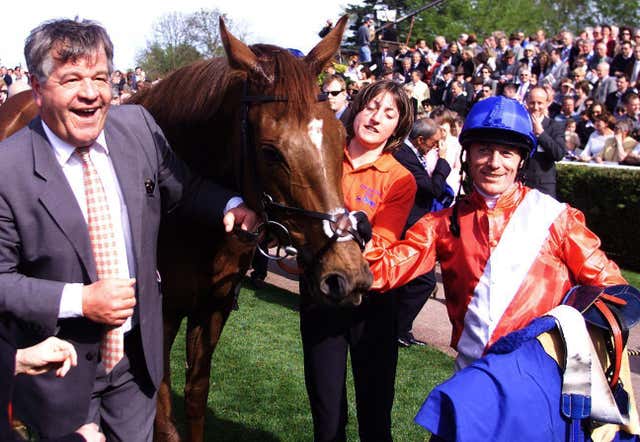
As Stoute prepares to end his illustrious career, Fallon’s words capture the deep respect and admiration the jockey—and the racing world—holds for one of the greatest trainers of all time.


